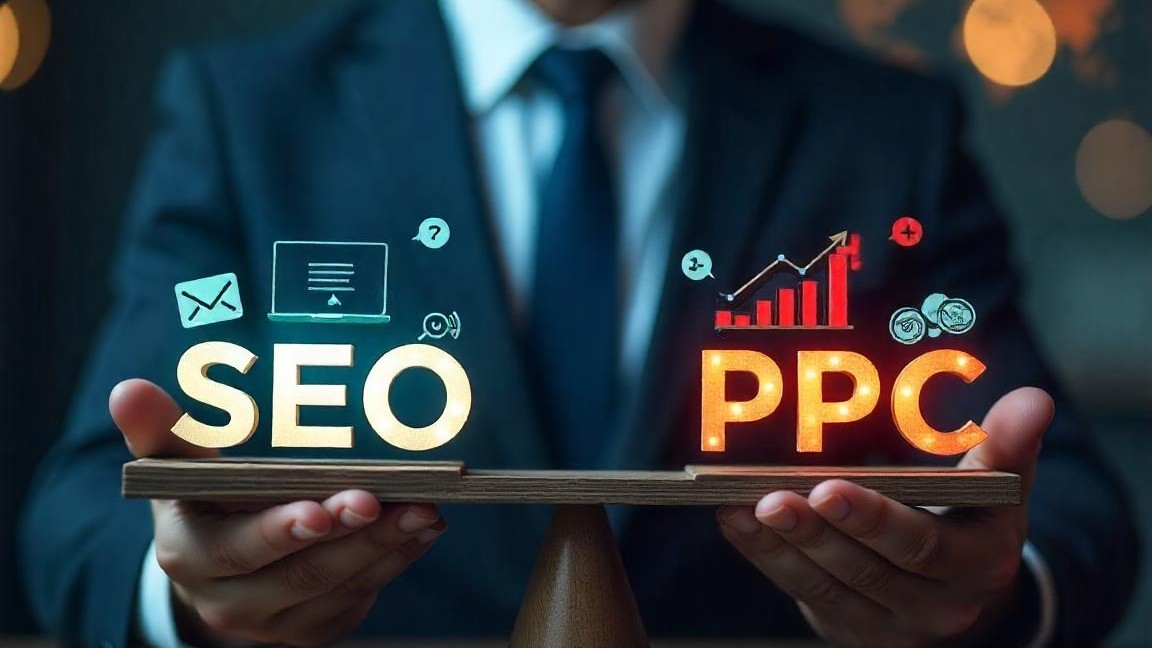In the context of digital marketing, the problem of SEO versus paid marketing remains a debatable issue between marketers and business owners. Both of these strategies focus on becoming more visible, trafficking, and creating leads – but in extremely different ways. Knowing the advantages, drawbacks, and the optimal applications of each can guide you to make informed choices about your business.
Here, we will deconstruct the concept of SEO versus PPC, how the two methods can be used together, and what can be done to take the right steps toward achieving success in online marketing.
What is SEO and Why Does It Matter?
Search engine optimization (SEO) refers to the act of increasing the ranking of your website and content on search engines such as Google, Bing, and Yahoo. Content is also not paid on a per-click or per-impression basis like in paid advertising; instead, exposure is determined by relevance, authority, and user experience.
Key elements of SEO include:
- Keyword Research: Determining which search words your audience searches.
- On-Page Optimization: By optimizing titles, headings, meta descriptions, and content with target keywords.
- Technical SEO: Making sure that your site can be crawled, is fast and mobile-friendly.
- Backlinks: Establishing powerful links to gain domain power.
- Creation of Content: The value, engagement, and information production.
Why it is important: SEO is a long-term approach. Although results may require months to be achieved, organic traffic is very sustainable and cheap in the long run, and is in some cases more acceptable to the end user than advertisements.
What is Paid Advertising (PPC)?
Paid advertising (also known as PPC, which is short for pay-per-click) is a system, according to which companies pay their ads to display on search engines, social media, or other websites. Google Ads is the most widespread and in this case you place a bid on keywords in which your ad appears in the search results.
The important elements of PPC are:
- Keyword Bidding: It involves paying money to have your advertisement displayed when certain keywords are searched.
- Ad Copy/Design: This involves developing catchy advertisements that would be clicked on.
- Targeting Options: Reach users based on location, device, demographics or interests.
- Landing Page Optimization: Making sure your page translates into a lead or sale.
- Budget Management: Specifying the amount you spend on each click or day.
What is relevant about it: PPC provides immediate presence, focus, and quantifiable outcomes. The campaigns can be checked in a short time, strategies may be modified and performance may be scaled depending on ROI.
SEO vs Paid Advertising: Key Differences
Understanding the differences between SEO and paid advertising helps you determine which strategy aligns with your business goals.
| Feature | SEO | Paid Ads (PPC) |
| Cost | Free (time and effort-intensive) | Pay per click or impression |
| Time to Results | Medium to long-term (3–12 months) | Immediate visibility |
| Sustainability | Long-term organic traffic | Traffic stops when the budget ends |
| Trust Factor | Higher trust with users | Can feel “salesy” or promotional |
| Targeting Options | Broad intent-based targeting | Granular targeting by demographics, device, and location |
SEO is a long-term process, whereas paid advertising is quick and accurate targeting. A lot of businesses suit a fusion of the two works.
Can SEO and PPC Work Together?
Absolutely. Though there are those who consider SEO and PPC as two opposing approaches, the best online marketing practices are those that combine both. The following is how the use of SEO and PPC strategies can be used to complement one another:
Data Sharing: Use PPC data to determine high converting keywords to use in SEO content.
SERP Dominance: Having organic and paid results increases credibility and click-throughs.
A/B Testing: Test copy in PPC campaigns to optimize meta titles and descriptions in SEO.
Remarketing: With the help of PPC, attract those who came to you, but did not change their minds.
Better Results: Unlike SEO which takes some time to gain authority, PPC generates instant traffic to important pages.
A combination of SEO and PPC would have the advantage of both immediate successes and eventual expansion, which would result in a healthy and well-balanced marketing strategy.
When to Focus on SEO
SEO is the best choice when your goal is to build a strong foundation for your online presence. By optimizing your website and content for search engines, you can attract consistent, high-quality traffic over time.
It helps establish your brand as an authority in your industry, increases recognition and trust among your audience, and allows you to target users who are actively seeking information related to your products or services.
SEO is the best when you want to achieve:
- Establish a long-term, sustainable online presence.
- Gain brand recognition and credibility.
- Target informational search or content traffic.
- Minimize the marketing expenditure in the long run.
Organizations such as blogs, e-commerce websites with high lifetime value and service providers tend to reap enormous fruits of SEO investments.
It is the time to concentrate on paid advertising (PPC).
You should use PPC in the instances where you require:
- Short-term results and traffic.
- Local or niche campaigns which are highly targeted.
- Promotion on a seasonal basis or product launching or event marketing.
- Rapid testing of keywords and messages.
As an illustration, the companies in competitive markets or those intending to introduce new products have been known to capitalize on the PPC initially as they establish their SEO base.
Significant Differences in the selection of SEO or PPC.
These are some of the factors to consider when choosing between SEO vs paid advertising:
Budget: In the long run, SEO is cheaper and entails initial investment, whereas PPC needs continuous investment.
Time: Do you require the output immediately or can you invest in the long term strategy?
Competition: Keywords with high competitive levels might either be cost-prohibitive on PPC or difficult to optimise through search engines.
Business Objectives: Do you aim at brand recognition, generating leads, or selling?
Analytics and measurement The immediate information offered by PPC is not presented with SEO available as it is necessary to track it over a period of time.
FAQs About SEO and PPC
Q: What is the distinction between PPC and SEO?
A: SEO increases the visibility of organic search in the long term whereas PPC generates traffic in the short term due to paid advertisements.
Q: Can I use SEO and PPC together?
A: Yes, the combination of both strategies can maximize the visibility, promote the traffic and benefit on the marketing decision.
Q:Is PPC more costly than SEO?
A: PPC involves initial expenses per unit of clicking or impression whereas SEO involves expenses in content creation and optimization. SEO tends to be cheaper in the long-term.
Q:What is the time frame of seeing the results of SEO?
A: The outcomes of SEO are generally reached after 3-12 months, depending on the competition, the quality of content, and the power of a website.
Q:What is more suitable to small businesses?
A: It depends on goals. PC can be used by small businesses in the short term to boost traffic and SEO to ensure long term growth.
Q:What is SEO PPC integration?
A: It is a tactical application of both SEO and PPC to optimize the key words, share information and improve the general performance of marketing.
Q:Can PPC help SEO?
A: Yes. PPC may give information on the performance of keywords, assist to test advertisement copy and send traffic to the high-priority pages and this indirectly will assist in SEO.

